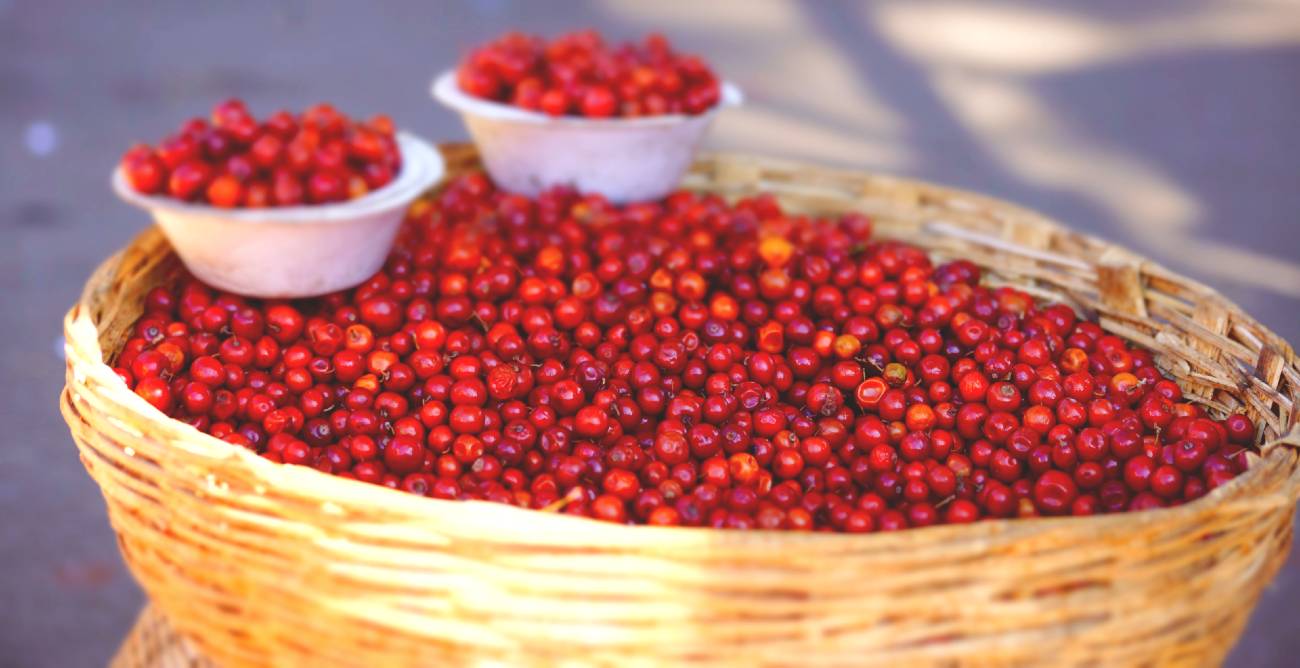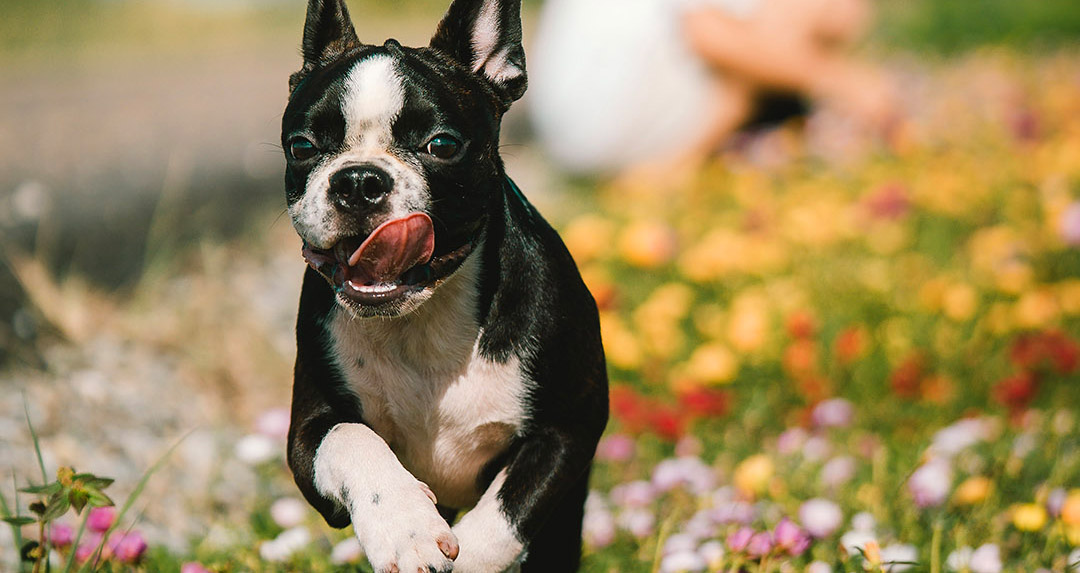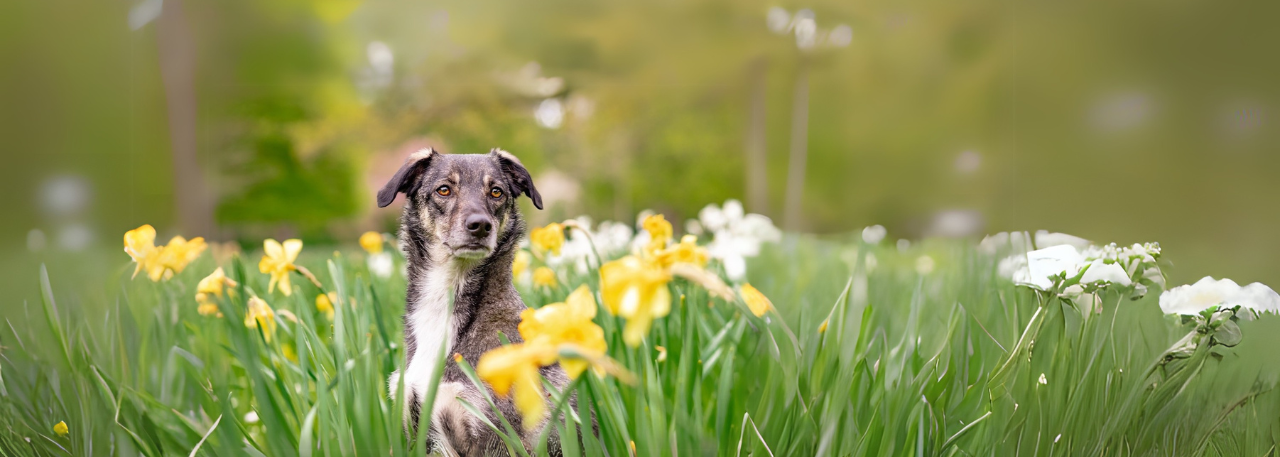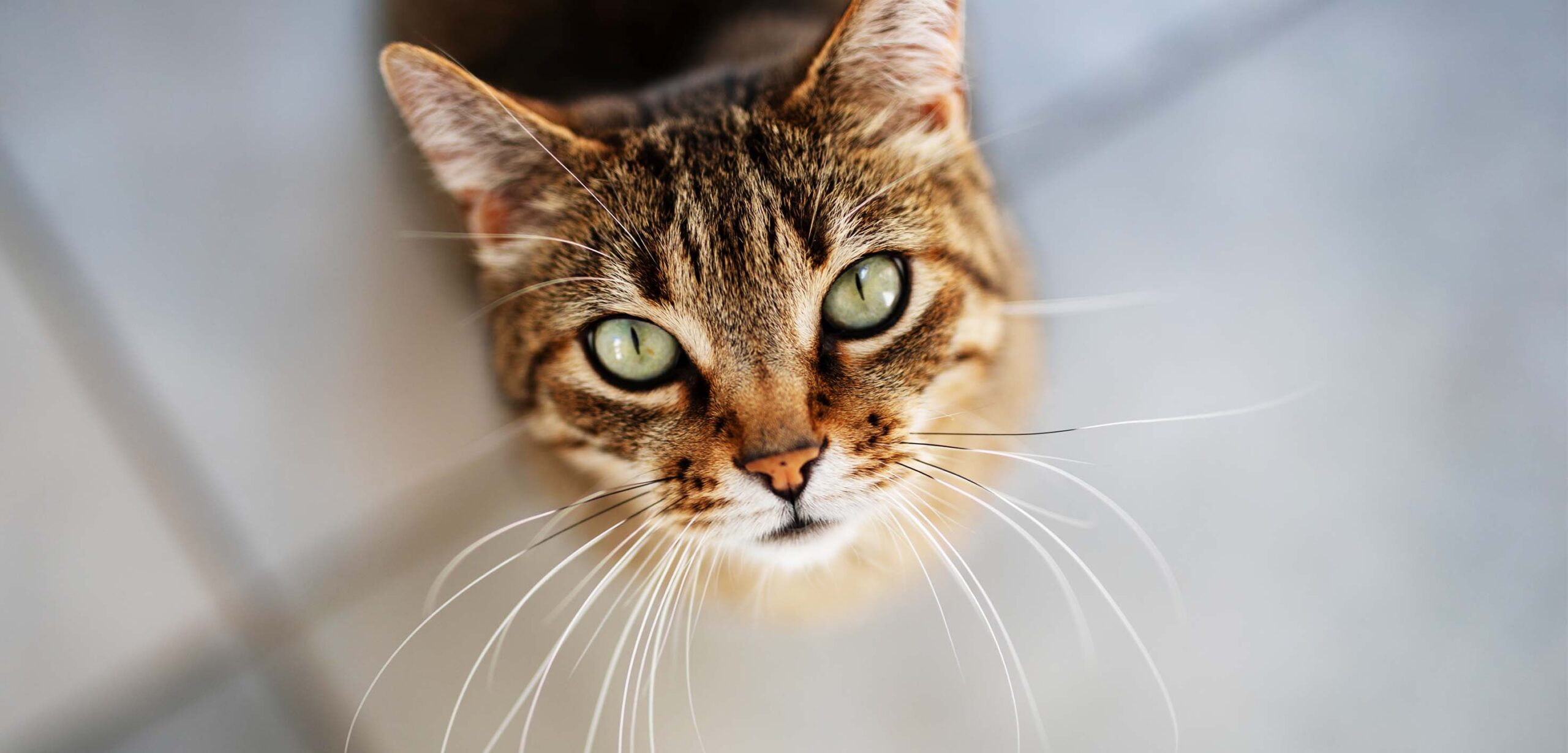Your first thought may have been those sweet gummy candies, the standard roofing adornment for any respectable gingerbread house. While it’s true that jujube extract is responsible for those tasty gum drops, we want to dive into the many medicinal uses of jujube– a plant that offers such promising benefits for two-leggers and their four-leggers it has Eastern and Western practitioners alike looking at it for its health properties.
On The Agenda
What Is Jujube?
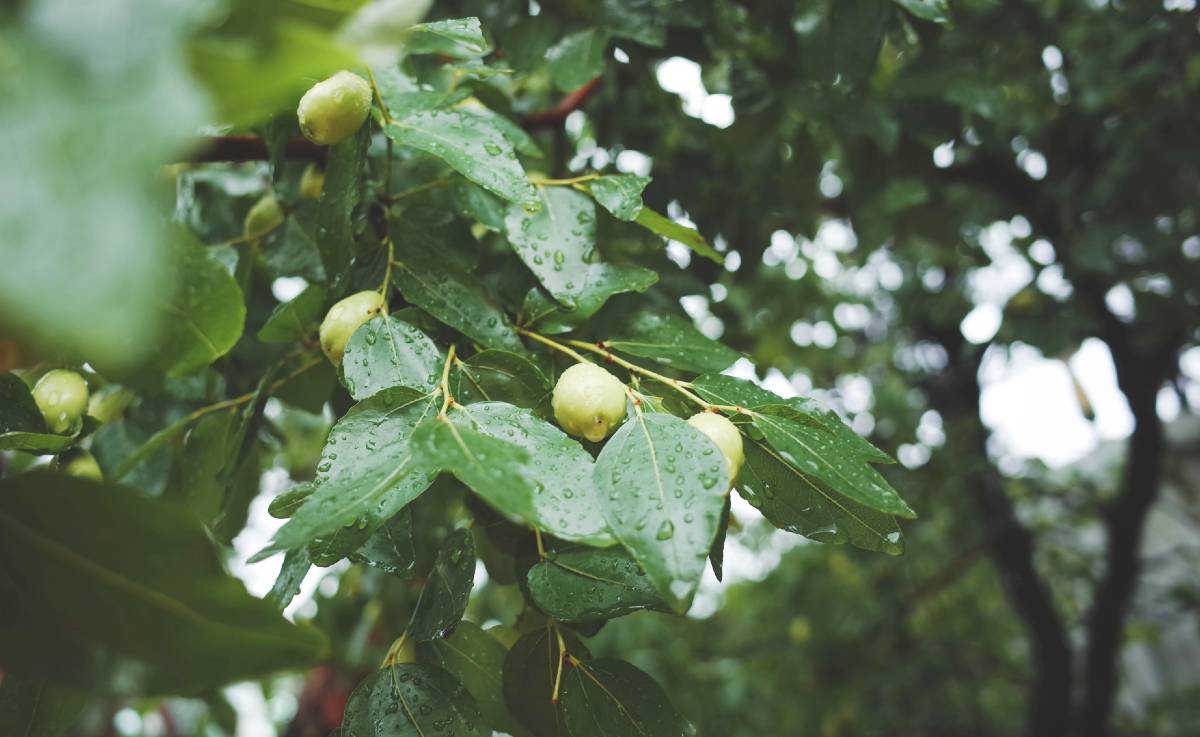
Zizyphus jujuba (say that ten times over) is a plant more commonly known as jujube.
The jujube plant produces edible fruit, not unlike the date, which is sweet and nutrient-rich, packed with vitamins A, C, and B, minerals like iron, phosphorus, and calcium, and fatty acids.
The fruit and the seeds of the jujube plant have been used in traditional Chinese medicine for 4,000 years, either alone or in combination with other herbs and therapeutic ingredients, because of its many benefits for sleep, mood, and health.
Where Does Jujube Come From?

Jujube plants can be found all over the globe– in parts of Asia, Australia, Southern Europe, even the southern United States. They’re very fond of arid climates, so the drier and more difficult an area is to cultivate, the better for this shrub. Of course, it also tolerates cold temperatures, meaning it can grow in mountainous terrain too. Versatile little plant.
How Does It Work?
Jujube is even more versatile when it comes to its uses. It works as an antioxidant, as an anti-inflammatory, sedative, and has anti-anxiety effects for both humans and animals alike.
Antioxidant
Jujube actually contains 20 times more vitamin C than any other citrus fruit, along with vitamins A and B. With its antioxidant properties, jujube can protect against cell damage, reducing oxidative stress, which leads to aging– think greying to the eyes and muzzle, inflammation, even dementia.

Anti-inflammatory
There are several phytochemicals in jujube–i.e., natural plant chemicals. The ones researchers are particularly excited about (they just can’t stop researching it) are called saponins.
They have powerful anti-inflammatory properties, and research shows they benefit the immune system and offer protection to the cardiovascular system and other organs like the liver.
Sedative

Those saponins along with flavonoids also helps to quiet activity in the brain, while triggering sleepiness.
Anti-Anxiety
The calming and relaxing effects of the jujube seed can also be attributed to those two types of phytochemicals mentioned above. They trigger changes to two important neurotransmitters in the brain for mood, including serotonin– the hormone that stabilizes mood and our sense of well-being.
Who Should Use It?
With benefits for anxiety and stress, protection for the heart, and immune health, it’s tempting to say that every dog and cat should use jujube. But, it’s truly most effective when fused with other herbs.
While Potent Alone, Fusing Herbs Unlock New Potential
Many herbs, including jujube, have a wide range of benefits on their own, but the best outcome comes from herbs operating synergistically. Meaning, while a single plant may have hundreds of chemical compounds– as we saw with jujube’s phytochemicals– herbs don’t just work with one part of the body. They also interact with the body as a whole, with benefits for health overall.
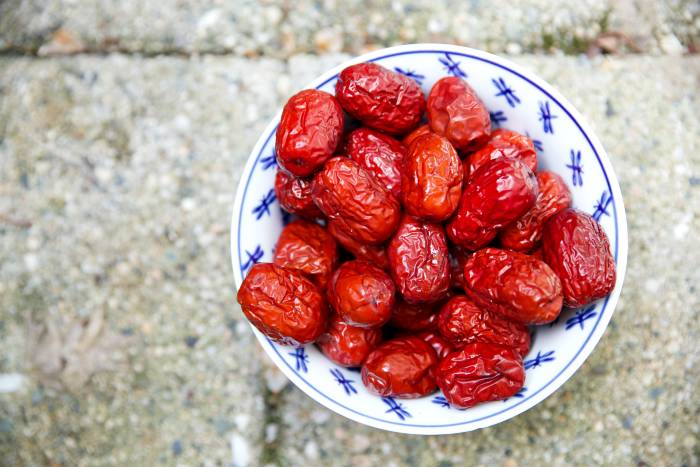
One herb may dampen the effect of another, or one acts as the active ingredient, or that an herb may serve several purposes within a formulation, which is why (almost) every Herbsmith innovation Dr. Bessent creates is a combination of herbs. (There are always exceptions to the rule, of course.)
How Dr. Bessent Uses Jujube
For the allergy sufferer
Dr. Bessent uses Ziziphus, or jujube, in combination with cooling and yin-tonifying herbs to offer allergy dogs and cats much-needed relief.
Allergies are a hyper-reaction of the immune system, an extreme inflammatory response that creates heat, inflammation, and stress for an animal. And that develops an unbearable itch.

An itch as though that scratchy wool sweater is chaffing on your bare skin—the sensation of ants crawling on every inch of your body in every crevice and into every pore.
The itch is constant and incessant for an allergy pet, so they scratch and claw trying to get to it, licking and gnawing so much that they rub areas raw. Frankly, they’re miserable.
But, using jujube’s calming properties with the herb longan fruit relaxes an animal. It quiets and calms them, so they aren’t compelled to scratch that itch and make their symptoms worse.
For the dog or cat with constant, daily anxiety
Dr. Bessent also uses jujube in combination with other calming herbs, cooling herbs, and harmonizing herbs to give anxiety dogs long-term support.
Anxiety affects humans much the same way it affects our pets.
It can be a normal, healthy emotion to situational stressors, but dogs with constant, unending anxiety may battle daily anxiety for months or years.
An anxiety dog will try to escape by charging and clawing at the door because he’s worried about being left behind, for instance. Others become distressed when separated from you. So much so that they whine, pant, and pace.

But using the beneficial properties of jujube and several other potent herbs, they work in synergy to balance these pets’ emotional highs and lows, easing their over-anxious personalities over time.
Fusing herbs and using them synergistically as Dr. Bessent does with her formulations, you take one beneficial herb and create something exceptional– each one, with the help of beneficial herbs like jujube, offering an effective and natural solution for our four-leggers.
*Jujube Seed, also known as Ziziphus, is safe to be used internally, especially in the most common prepared form.
Share this Post

Dr. Chris Besent
Chris Bessent, DVM, MSOM, Dipl. OM, L.Ac. has over thirty years of experience in veterinary medicine including certificates in veterinary acupuncture, veterinary chiropractic and veterinary Chinese herbology. Imbued with Eastern philosophy and the knowledge that food is the foundation of health, Dr. Bessent also received her degree in veterinary nutrition and began to formulate recipes fit for a carnivore from nothing but whole foods. Currently, she divides her time between the Simple Food Project and Herbsmith, both of which are owned and operated out of her facilities in southeastern Wisconsin.

Kayla Behling
Kayla is the Content Writer for Herbsmith. She has a cat named Professor Cat-Faced Meowmers, who goes by Kitty, and a goof of a dog, named Duck. She stays busy biking trails, playing board games, and searching for the next best craft beer.
